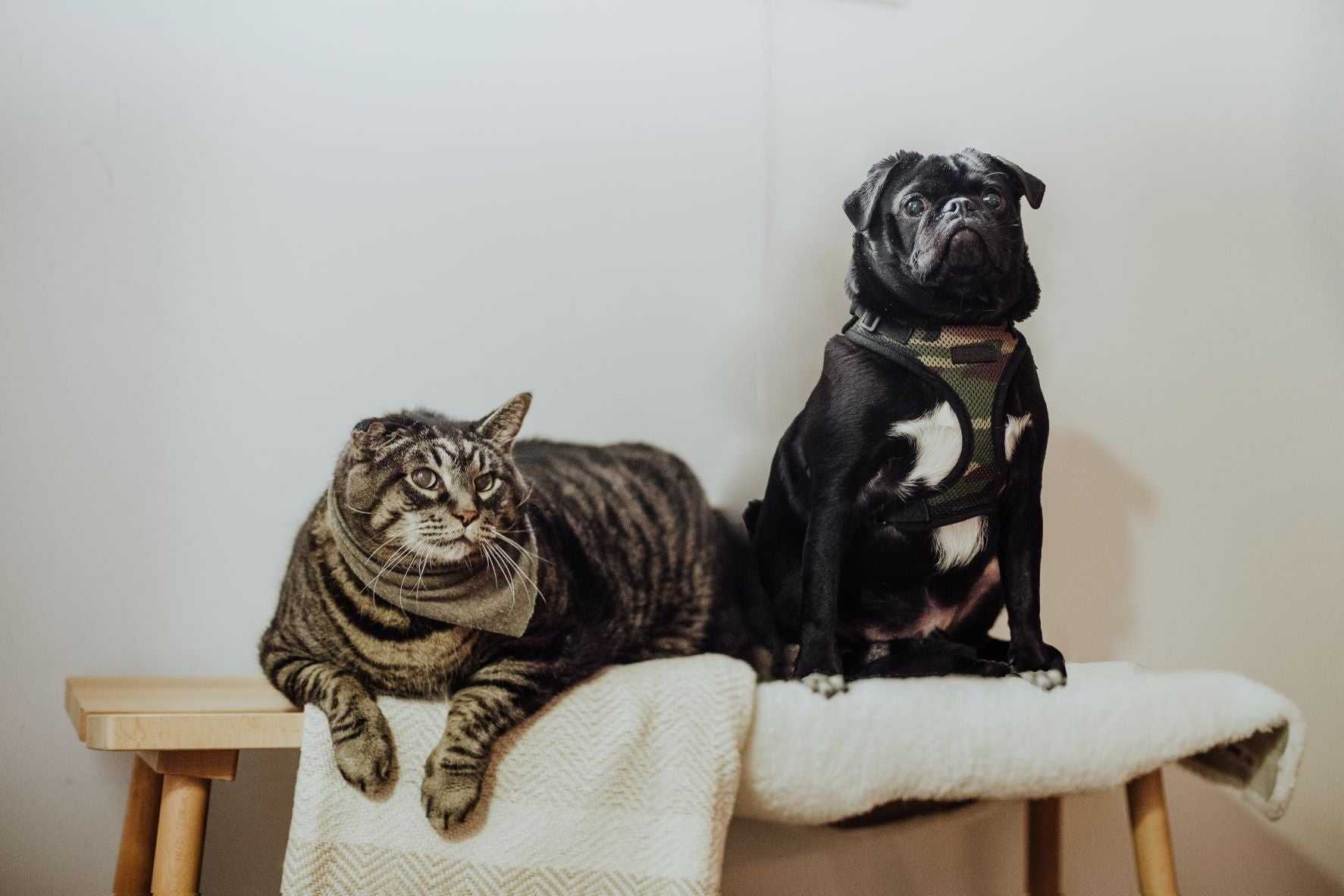
The Best Foods to Keep Your Beloved Pets at a Healthy Weight to Help Them Live a Longer Life
The recent trend toward weight gain and obesity hasn't been limited to humans and places pet family members equally at risk. But weight control is crucial to well-being and quality of life, so finding ways to help your pet maintain a proper body weight becomes crucial for health as well as lifestyle reasons.
When it comes to pets, like people, there isn’t an ideal weight that is appropriately clear across the board. Your cat or dog’s breed, size, and age will all enter a formula that will determine the correct weight for individual pets. To begin, regular check-ups with your veterinarian will aid in determining appropriate body weight and identifying early signs of weight-related issues.
How Will I Know if My Pet Is a Healthy Weight?
If your cat or dog is a healthy weight, the ribs and spine can be felt but not seen. Visible spine and ribs indicate that your pet is underweight. Because pet weights vary, your vet will use a “Cat Body Condition Score” to evaluate a pet’s muscle mass and weight which is similar to the Body Mass Index used for people. It will determine if a pet is too thin or too fat.
Pet parents can use a “Hand Test” to get a pet’s weight. Feel your pet’s ribs located behind the front legs. Ribs feel like the back of a hand, indicating an average weight. Ribs with a cushion similar to the palm of a hand point to your pet being overweight.

Photo by Rick T.T. on Unsplash
Why Your Pet Needs to Be a Healthy Weight
Apart from contributing to a better quality of life, there are serious health issues related to being overweight. These illnesses or medical conditions can compromise comfort and quality of life easily and rapidly. The most common weight-related issues include:
- Arthritis
- Cancer
- Cardiac disease
- Diabetes
- Kidney Disease
- Pancreatitis
Food’s Role in Maintaining Healthy Weight
If a pet is underweight or overweight, your veterinarian will likely recommend that a pet be fed weight loss, weight management, or high-calorie food to achieve a more appropriate calorie intake and, consequently, a healthier weight. Commercial pet foods will contain variations in formulas to guarantee essential nutrients but at the same time aid in increasing or decreasing weight.
It’s All About the Food
The bottom line is that your pet’s diet determines if a pooch or kitty packs on the pounds or perhaps is not eating sufficiently to keep its weight on. While weight gain is generally associated with an intake of too many calories and too little exercise, pets may suffer weight loss from:
- Age
- Arthritis may cause a pet not to walk even to the food dish.
- Cancer
- Dental issues like toothaches or periodontal disease can dissuade a pet from eating.
- Diabetes may cause a decrease in eating and an increase in thirst.
- Diseases
- Parasites like worms can cause weight loss.
- Medication may provoke an appetite change.
- Insufficient food or insufficient food intake due to boredom or dislike of taste or texture can contribute to weight loss.
And weight loss can be just as devastating to a pet’s general health as obesity.
Foods for a Healthy Weight: What kinds of Pet Foods Are Available?
Dry Pet Foods
Dry pet food should offer a balance of fiber, protein, and fat formulated for weight maintenance, weight gain, or weight loss. Dry food lacks moisture, but a crunchy texture can be appealing. Dry foods also tend to be non-odorous, so your home won’t smell.
Wet Pet Foods
This is a favorite food type among pets, often taking the form of chunky stew, ground meat, pate, or bite-sized pieces drenched in gravy. It contains much more moisture aiding hydration.
What to Search for in Pet Food
Protein, Fiber, and Carbohydrates
Protein and proper carbohydrate content in food for dogs and other domestic pets assist in weight management while offering essential nutrients. Fiber content is necessary for digestion.
Quality Ingredients
High-quality ingredients are essential in weight management, so take the time to learn what’s inside your pet’s food. Fillers often used in dry kibble may be empty calories that offer no specific benefits.
Allergens
Pet foods should not contain ingredients that your pet is allergic to. Food allergies can cause general discomfort.
Nutrients and Vitamins
Vitamins can aid in overall health. Vitamins A, C, and E are known to shore up the immune system and improve muscle tone.
Foods to Keep Your Pet a Healthy Weight: Dog Foods
Dog Food for Weight Management
Timber Wolf Organics Black Forest Legends Dog Food
Principal Ingredients: Venison Meal, Salmon Meal, Whitefish Meal, Lentils, Lamb
Timber Wolf Organics has developed a selection of carnivore-specific foods that are fully balanced and not only ideal for weight management but also for specific challenges faced by pups with allergies and food intolerances.
Dog Foods for Gaining Weight
Nature’s Logic Canine Beef Feast Canned Dog Food
Principal Ingredients: Beef, Beef Broth, Sardines, Porcine Plasma, Herring oil
Nutrient-dense and highly palatable, this food contains lots of meat protein and a dose of vegetables and fruits to guarantee essential nutrients. Each can has 549 calories.
Dog Foods for Losing Weight
Blue Buffalo Life Protection Healthy Weight Dry Dog Food Formula
Principal Ingredients: Chicken Meal, Deboned Chicken, Brown rice, Pea Fiber, Barley
This is a low-fat formula with added calcium and potassium. Filled with I-carnitine to develop lean muscles, it features fewer fat calories. Omega-3 fatty acids work on joint strength and mobility to assist in increased exercise and physical activity.

Photo by Lina Angelov on Unsplash
Foods to Keep Your Pet a Healthy Weight: Cat Foods
Cat Food for Weight Management
Timberwolf Organics Ocean Blue Legends
Principal Ingredients: Salmon, Salmon Meal, Herring Meal, Pea Protein, Canola Oil
Featuring the very best of the deep blue sea, this particular cat food contains lots of omega-3 fatty acids to promote brain, heart, and skin health while keeping your kitty at a healthy weight. It’s also perfect for cats with allergies to land-based meats. Great flavor and balanced nutrition in the same food.
Cat Foods for Gaining Weight
Royal Canin Recovery RS Canned Diet
Principal Ingredients: Water, Chicken, Chicken Liver, Gelatin, Natural Flavors
A specially formulated soft pate cat food designed for essential nutrition and weight gain. It’s a great solution for finicky cats or those suffering from poor appetite. It requires a veterinary prescription and tends to be more costly.
Cat Foods for Losing Weight
Hill’s Science Adult Cat Perfect Weight
Principal Ingredients: Chicken, Brewer’s Rice, Corn Gluten Meal, Wheat Gluten, Chicken Meal
A dry kibble blended to encourage weight loss but maintain muscle mass. The manufacturer claims that 70% of cats using this kibble lose weight in ten weeks. It does contain grain in case your kitty has allergies—very low calorie.
READ MORE ABOUT CAT OBESITY PREVENTION
The Bottom Line
Simple actions that will assist your beloved pet in achieving its appropriate weight include:
- Eating healthy pet-appropriate foods
- Veterinary visits at regular intervals
- Portion Control
- Intelligent treats and treating
- No Feeding from the table and no people food
- Lots of exercise and physical activities




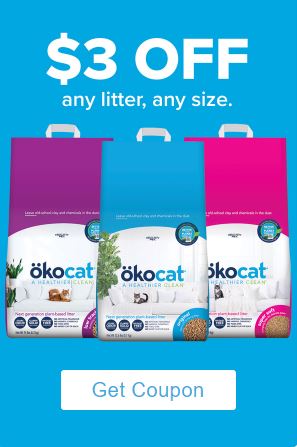
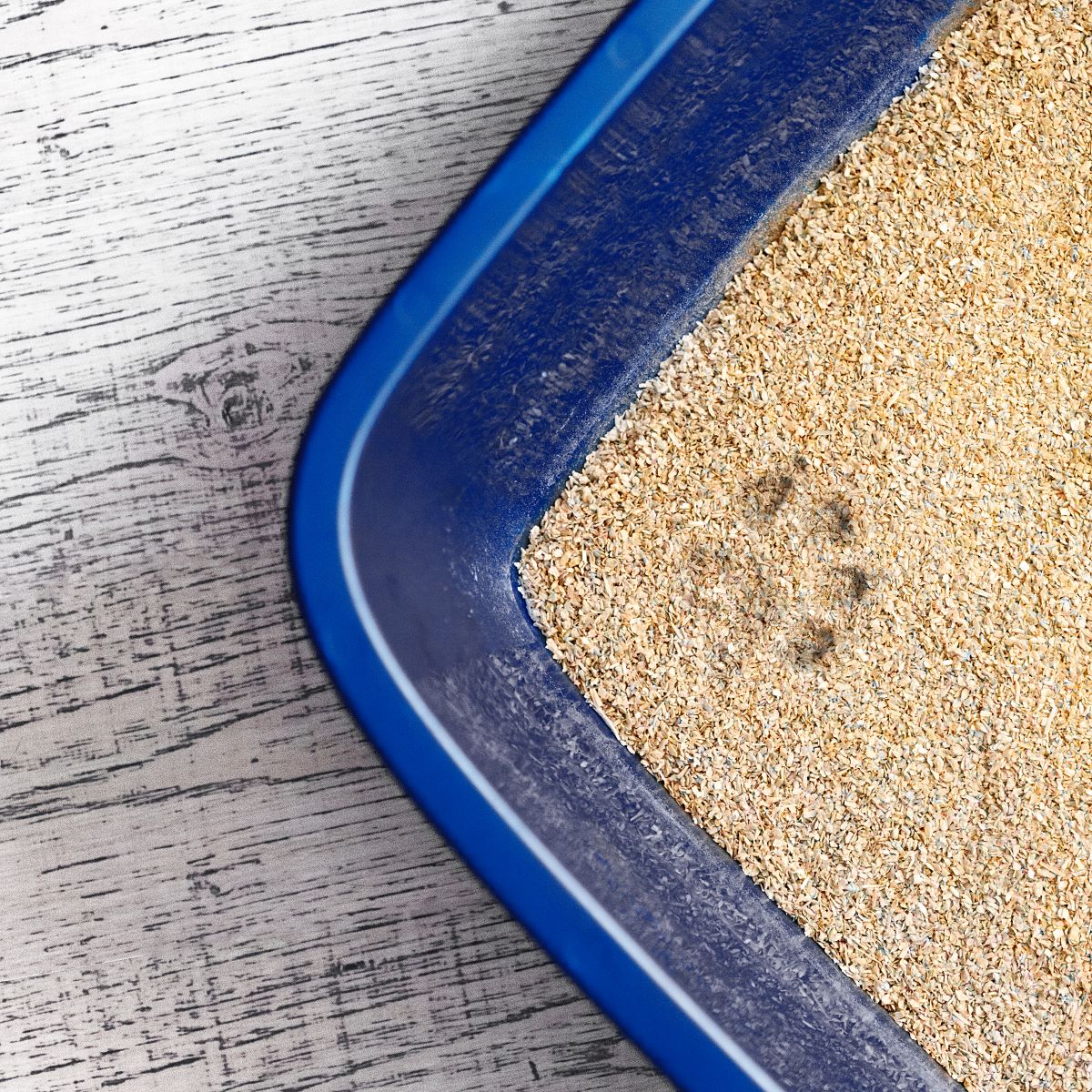
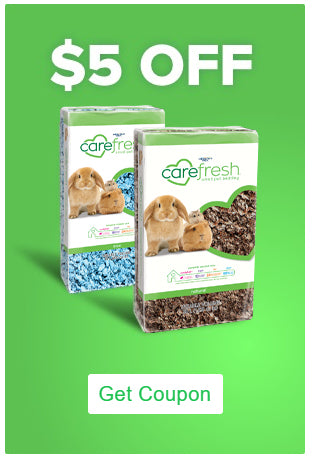
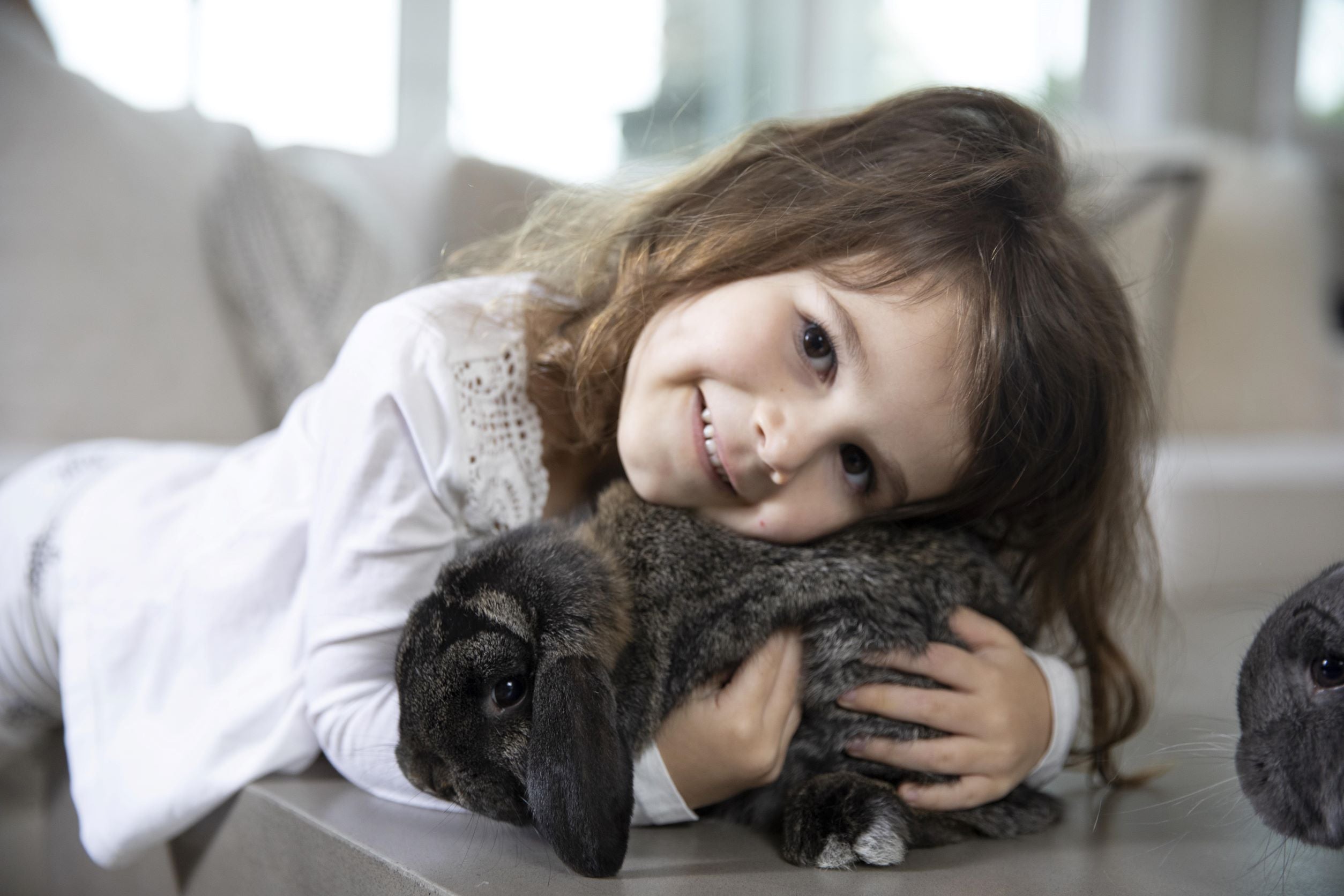
 email us
email us